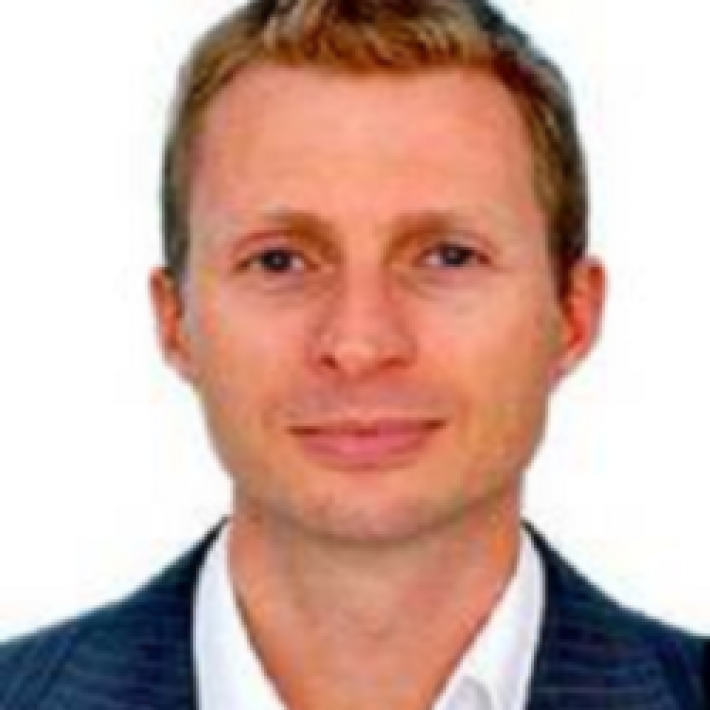"The work/life balance in this specialty is very good overall and often the envy of colleagues in other specialities!"
Dr Richard Gale is a consultant in medical ophthalmology, working at York Teaching Hospital NHS Foundation Trust. He is the Chair for the Specialist Advisory Committee on medical ophthalmology for the Joint Royal College of Physicians’ Training Board (JRCPTB).
